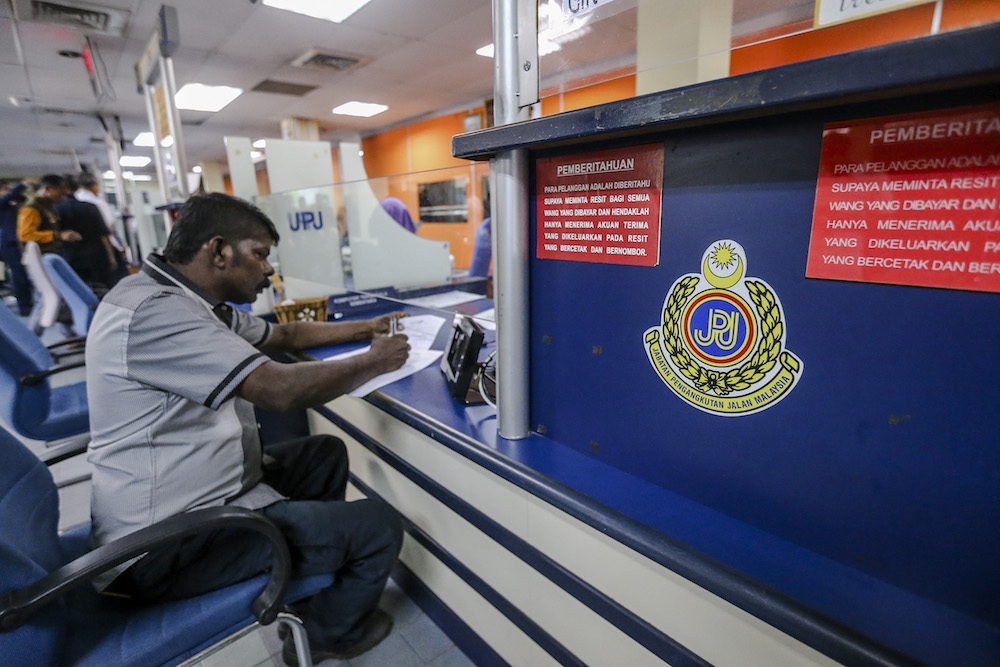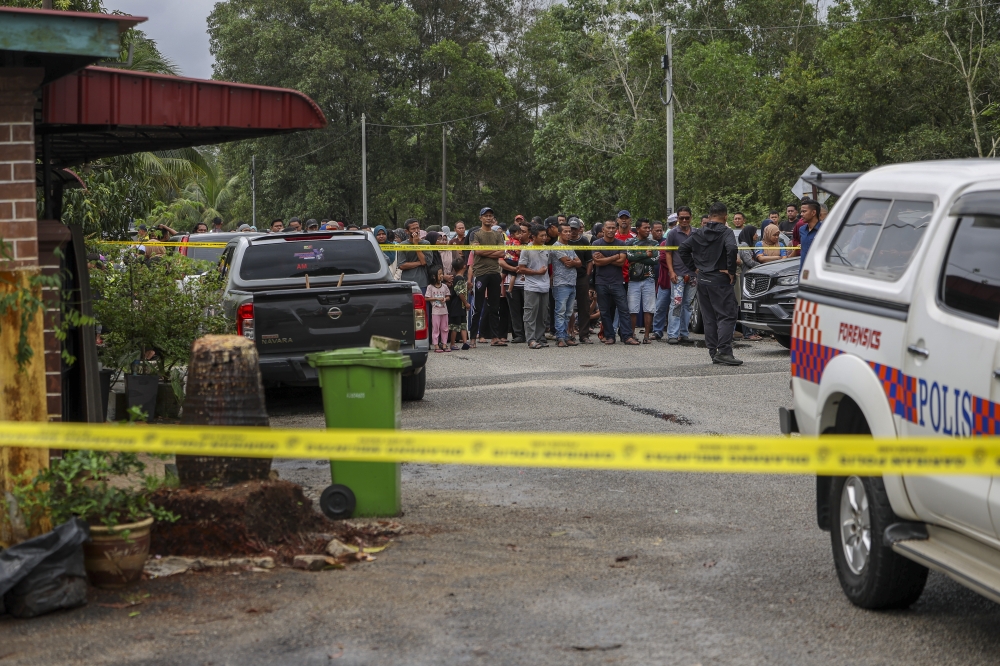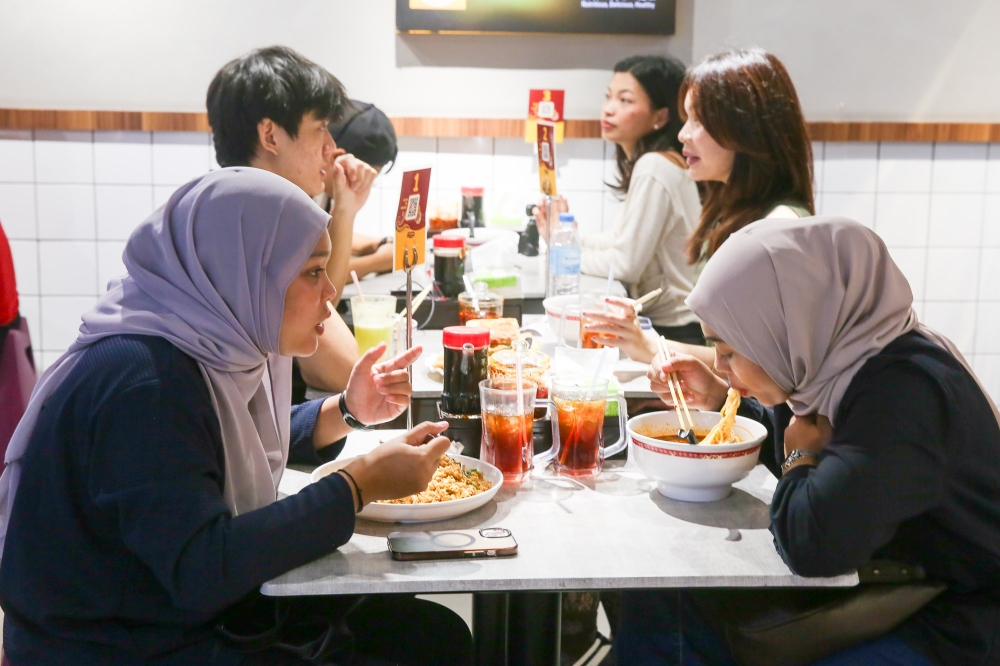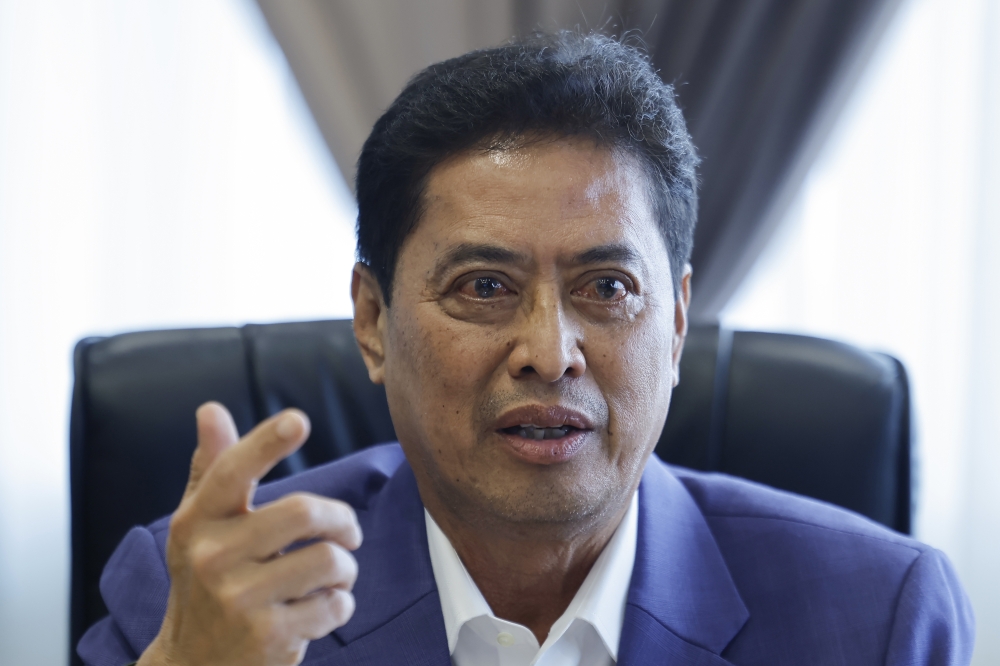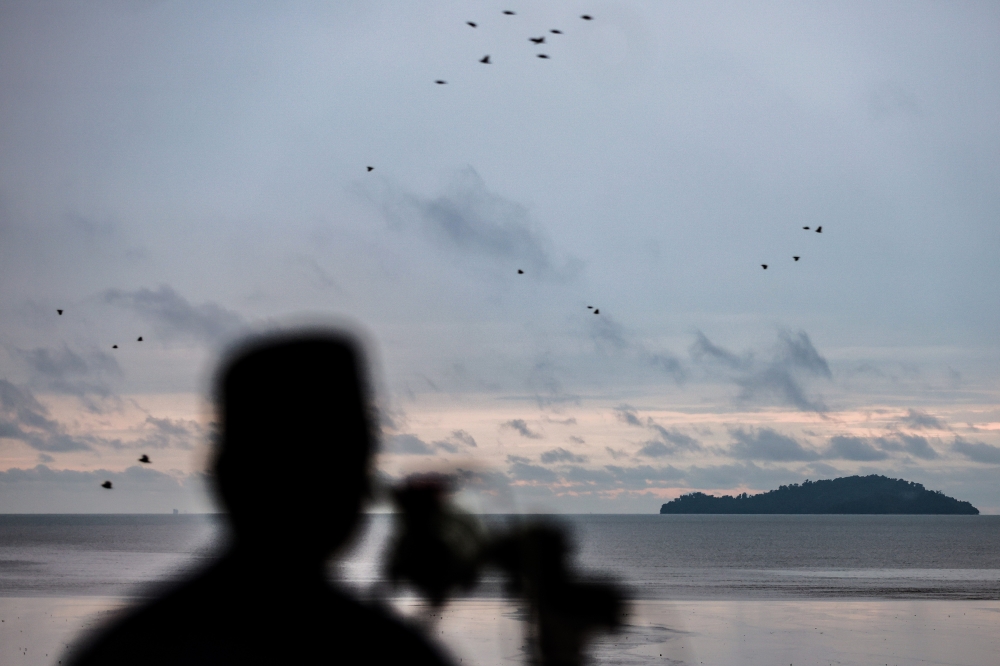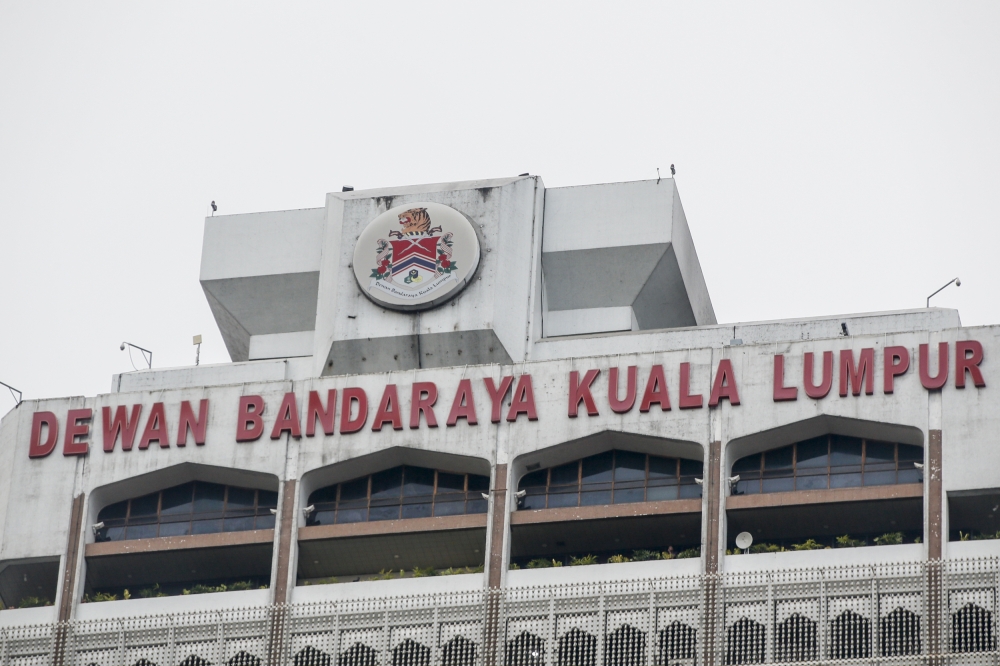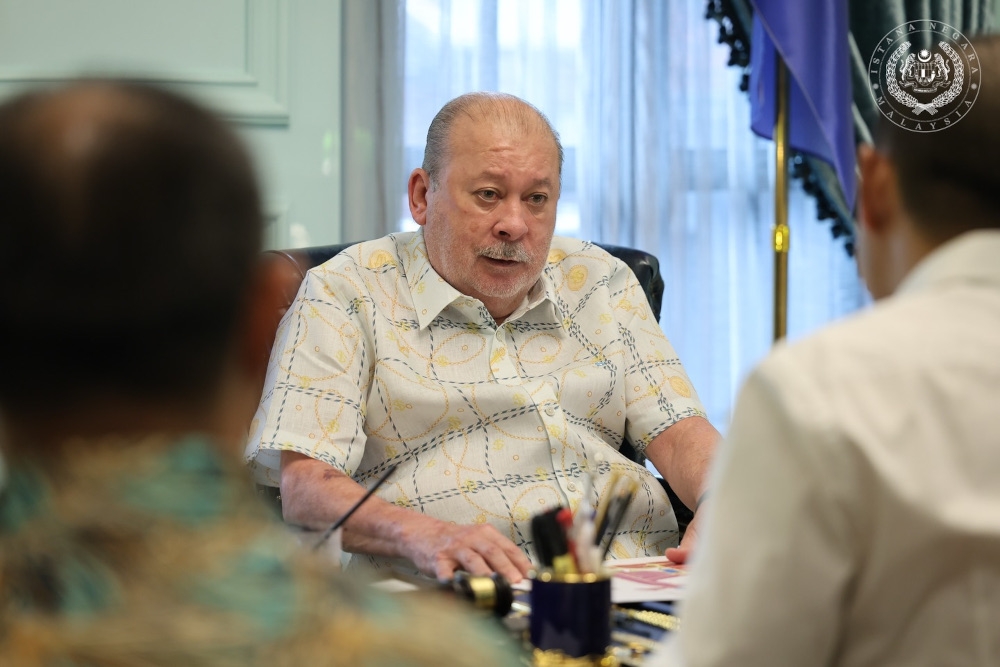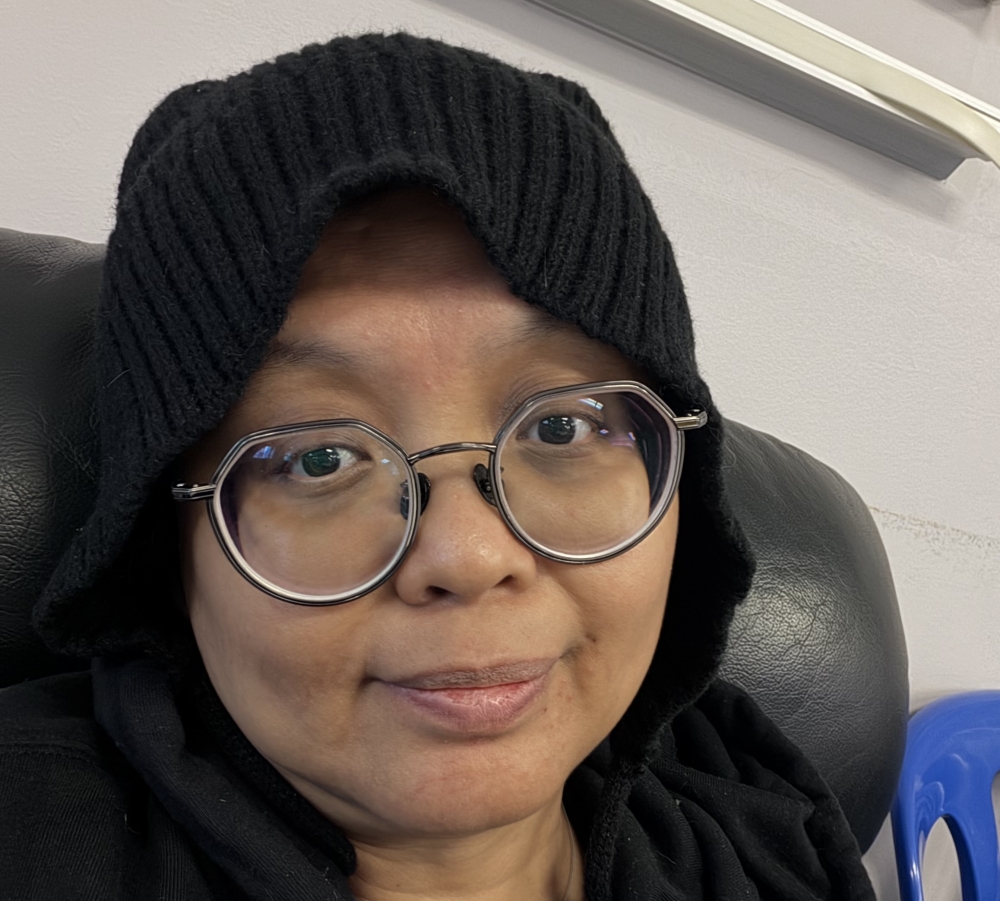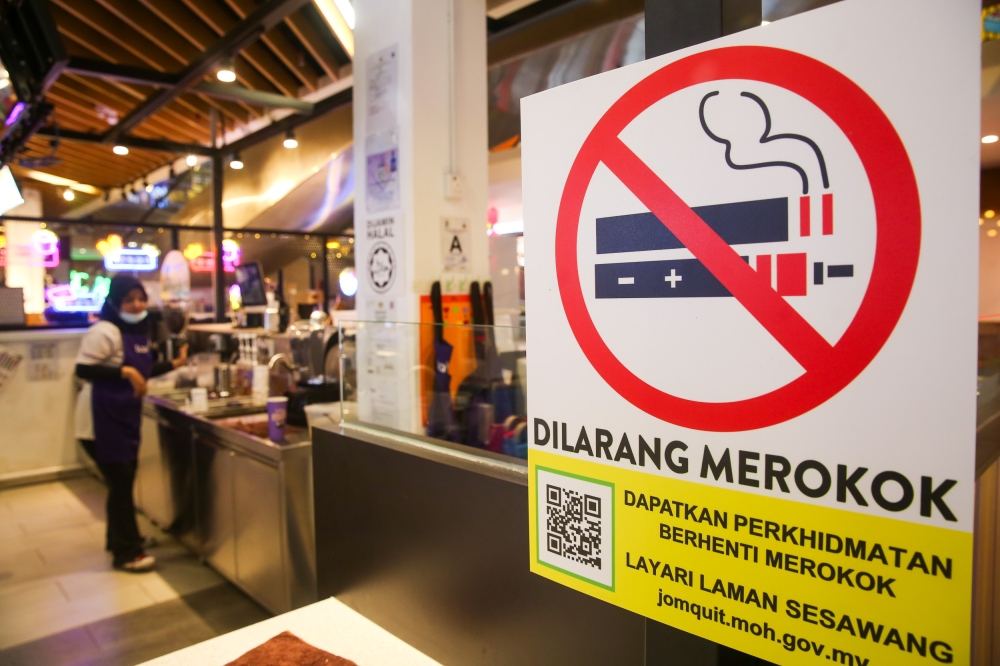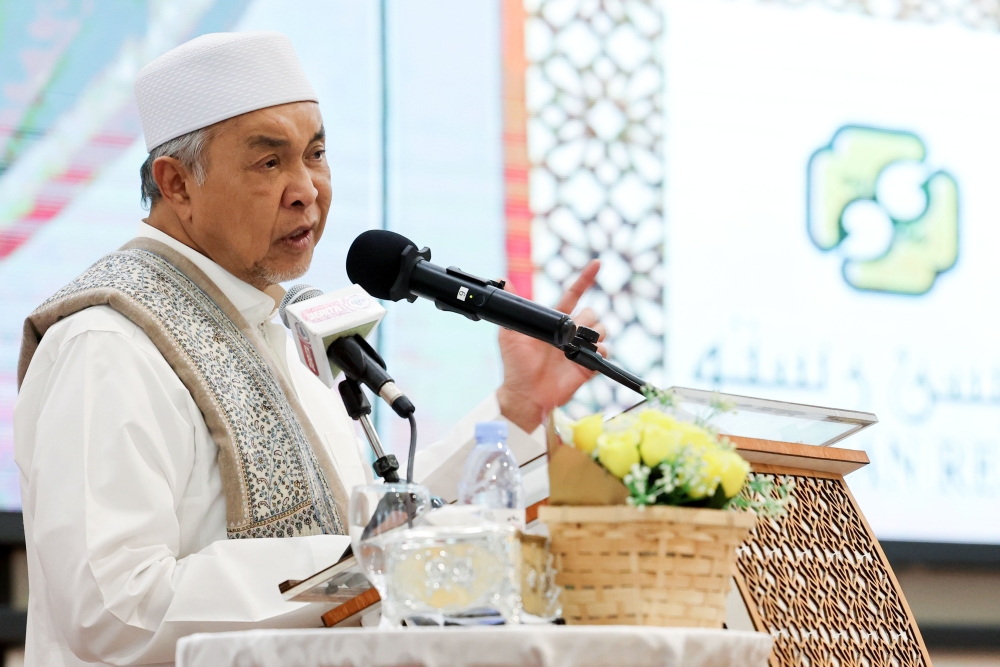OCT 2 — On Oct 11, Barack Obama will become the first US president to visit Malaysia in 47 years, the last and only presidential tour being Lyndon B. Johnson on Oct 30, 1966.
The visits of the two US leaders differ vastly. Obama will focus on growing bilateral ties between the US and Malaysia as part of a four-nation Asia tour. Johnson was here to say a big “thank you” to Malaysia.
Rewind 1966: I was in a group of 30 Standard Six pupils of Saint Paul’s Institution in Seremban who were among hundreds who lined a sleepy Felda settlement to greet president Johnson.
We waved the US and Malaysian flags to welcome the president L.B. Johnson (L.B.J.) to Felda in Sendayan, then about an hour from Seremban.
Many, like me, didn’t have a clue why a US president was visiting Malaysia. Now, almost a half-century later, I sit as an editor planning the coverage of Obama’s visit Kuala Lumpur.
So, why did Johnson make a 21-hour stopover in Malaysia on Oct 30, 1966?
Questions had lingered why Johnson was visiting Malaysia which unlike other countries in Johnson’s Pacific tour had no military links with the US.
Why Malaysia when it did not commit any troops to the Vietnam conflict? Why Malaysia when it was not represented at the seven-nation Manila Summit that declared collective unity and resolve to seek the goals of freedom in Vietnam and in the Asia-Pacific region?
It was a thank you gesture, said US State Department officials then. They held that staunchly anti-Communist Malaysia had from the start backed US policy on Vietnam.
The Gettysburg Times journalist Tony Escoda wrote a day before Johnson’s trip to Malaysia: “At the risk of irritating neutralist friends in Africa and Asia, prime minister (Tunku) Abdul Rahman has urged the Americans to push a ‘bomb them till it hurts’ line against North Vietnam, while searching for a negotiated settlement.”
He wrote that Malaysia’s top foreign ministry officials condemned Communist action in Vietnam and defended the American military presence there.
“State Department officials say Johnson is grateful for such support and decided to accept an open-date invitation by prime minister Rahman in 1964.”
The US then felt the visit would do much to US prestige in a primarily British corner of Southeast Asia “where America’s image until recently has been superficial.”
They felt Malaysia was undergoing changes that were moving it away from Britain and shifting it to a more independent course.
Escoda: “Indonesia declared an undeclared guerilla war against Malaysia in 1963 when this federation was created out of former British possessions. President Sukarno labelled Malaysia a ‘neo-colonialist project’.
“British troops came in to beat back Indonesian raids in Borneo and on the Malaysian mainland.
“The new regime in Jakarta shut off the confrontation in August 1966, and most of the British troops were withdrawn. With them left some of the bond that tied Malaysia to London.
“There is growing belief in some top-level circles in Malaysia that British power in Asia is waning, and there have been suggestions that the US would make a better protector in an emergency.”
In his remarks on arrival at Subang Airport, Johnson kept to the same tone: “You valiantly subdued a Communist insurgency in your own nation. And then, from the very same room where you once planned battle strategy, you planned the works of peace.
“You began building a free and prospering countryside that can relieve the poverty and the apathy upon which communism so often thrives.
“Your achievement in this respect, I believe, has the greatest significance for our struggle in Vietnam today.
“You have shown that military action can stop Communist aggression, and that while the aggression is being stopped, and even more strongly when it is stopped — the peace, as well as the war, can be won.
“Your example offers us hope for the future. It is a great pleasure to be here and to see it firsthand.”
Obama’s visit will be equally riveting as his role in the Global Entrepreneurship Summit is primarily an initiative on job growth that the US leader designed as a way to reach out to the Islamic world.
Obama, who spent part of his youth in Indonesia, has put a priority on building relations with Southeast Asia, seeing the fast-growing and largely US-friendly region as neglected in the past.
He will take part in the Asia-Pacific Economic Cooperation (Apec) summit in Bali, Indonesia, and then head to the sultanate of Brunei for the East Asia Summit.
The trip is part of his ongoing commitment to increase US political, economic and security engagement with the Asia Pacific.
Still, as Michael Green, who was the top Asia adviser to former president George W. Bush, said that Obama’s “muddled message” on Syria could cast a pall over his public reception in Malaysia and Indonesia.
With the trip, Obama would have visited all members of the Association of Southeast Asian Nations except communist nations Vietnam and Laos.
* This is the personal opinion of the columnist.

